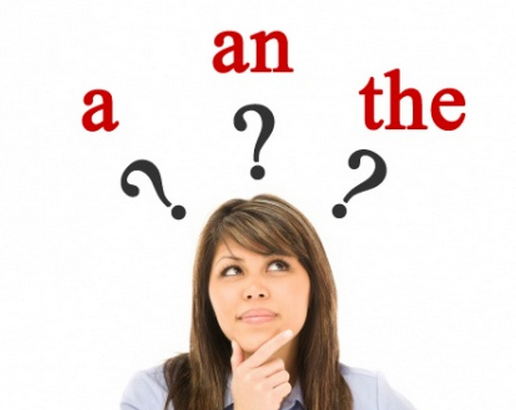0.1 English Terms Must Knows
1/14
Earn XP
Name | Mastery | Learn | Test | Matching | Spaced | Call with Kai |
|---|
No analytics yet
Send a link to your students to track their progress
15 Terms
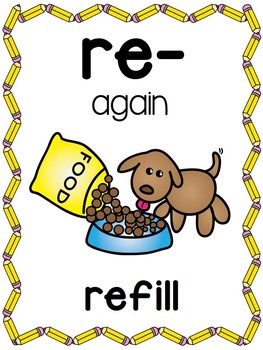
Prefix?
Shown at the start of a word
EX: Anti-, De-, Un-, Dis-, etc.
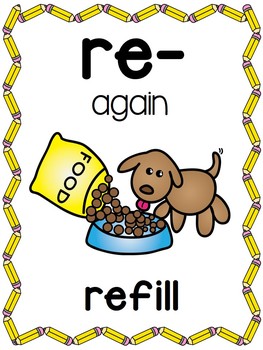
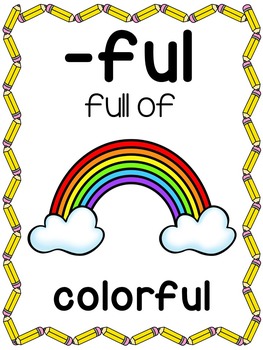
Suffix?
Shown at the end of a word.
EX: -able, -ly, -ful, -ism, etc.
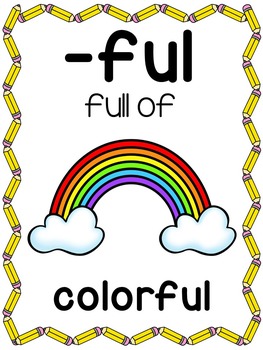
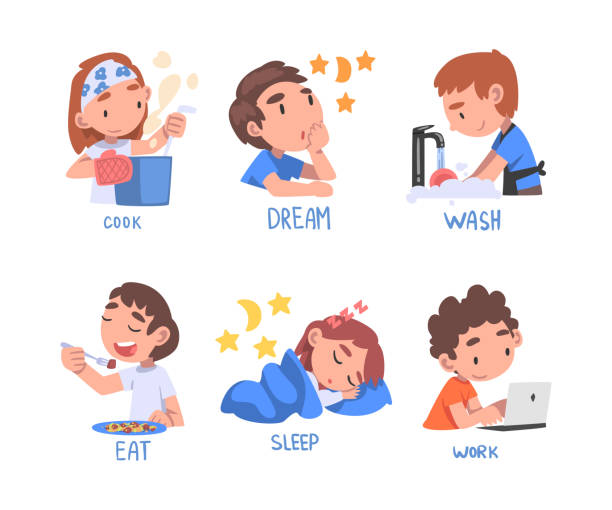
Verb?
Action word, State of being, or Occurrence.
EX: Run, Dance, Slide, Jump, Think, Do, Go, Stand, etc
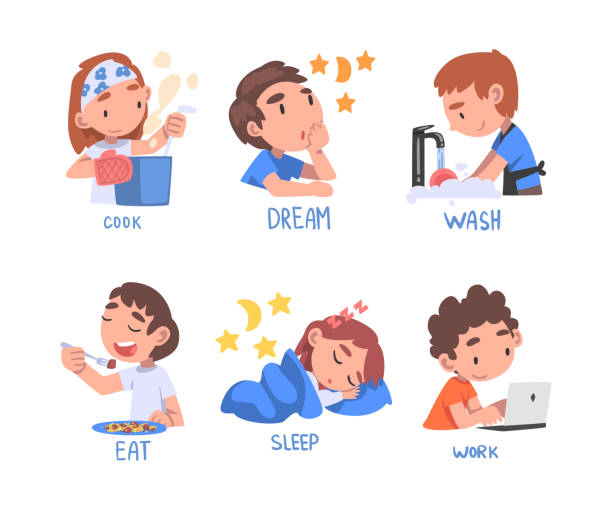
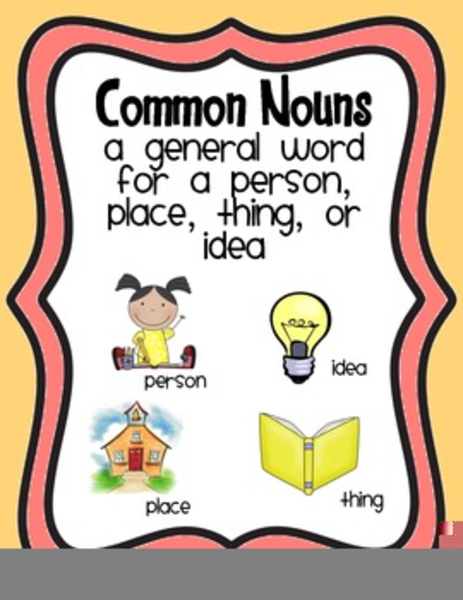
Noun?
A Person, Place, Thing, or Idea (Thought, Plan, or Suggestion, something that is conceived in the mind)
EX: Teacher, Paris, Flower
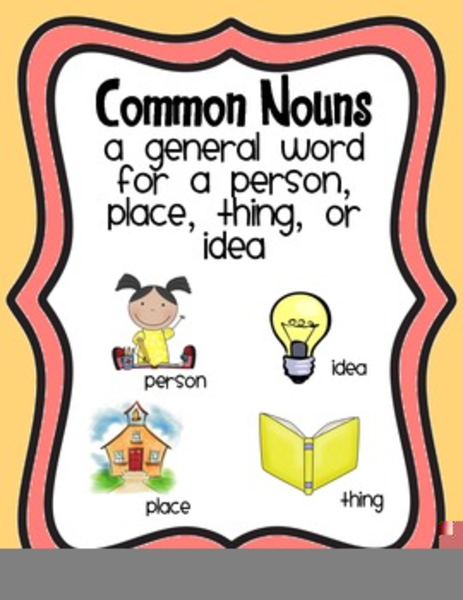
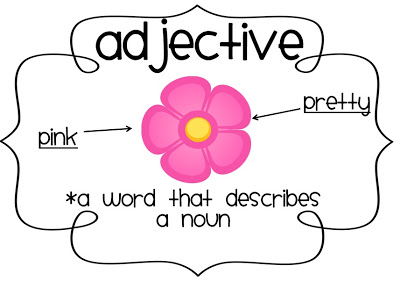
Adjective?
A Word that describes or modifies a noun or pronoun. Tells how it looks, smells, sounds, feels, or tastes; and how many.
EX: ‘I like old houses.” “The boy is tall and skinny.” “Jane is Smarter than her brother’
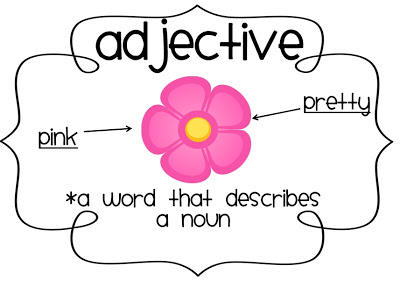
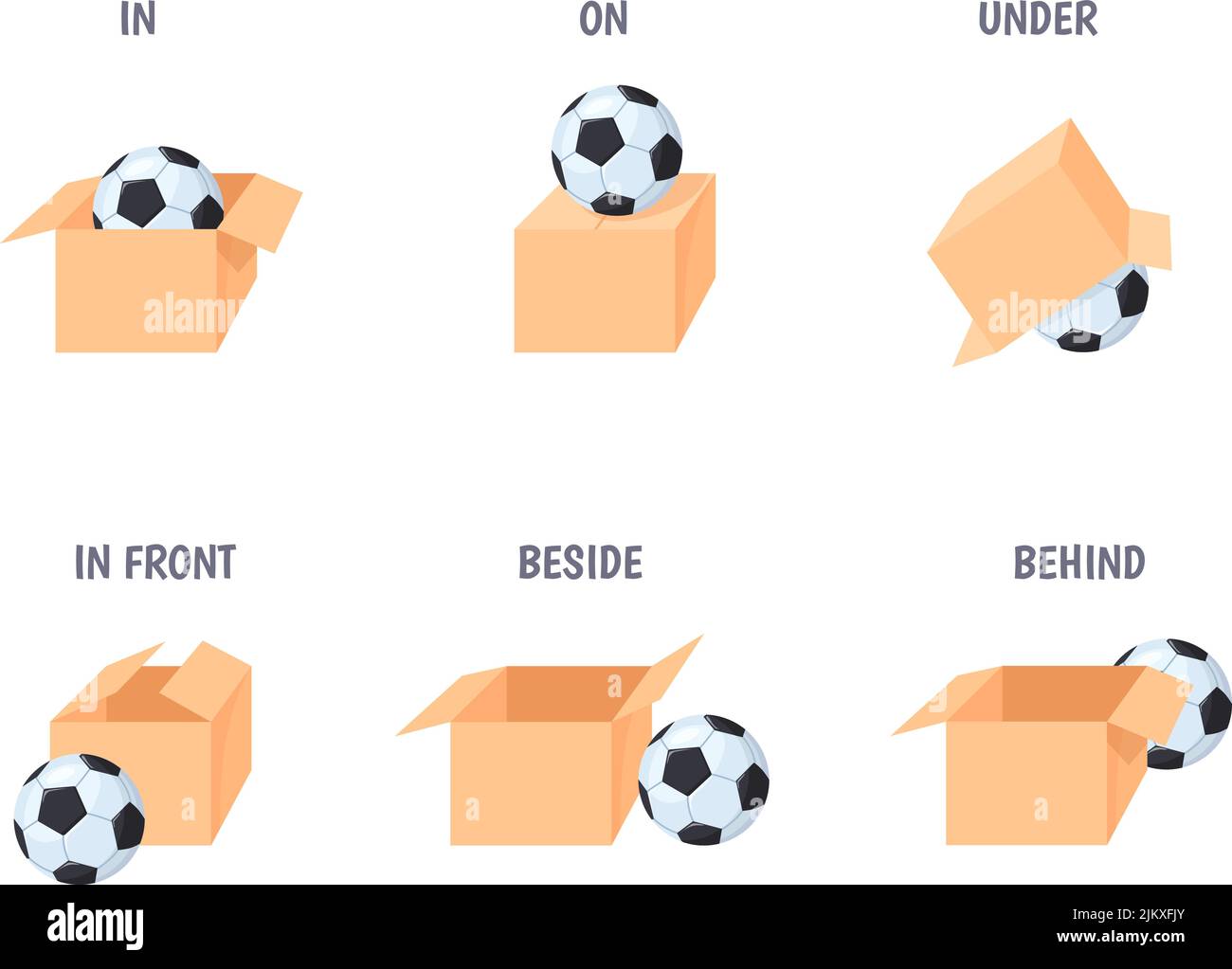
Preposition?
A word that shows the relationship of a Noun/Pronoun to another word.
EX: In, At, On, Of, To
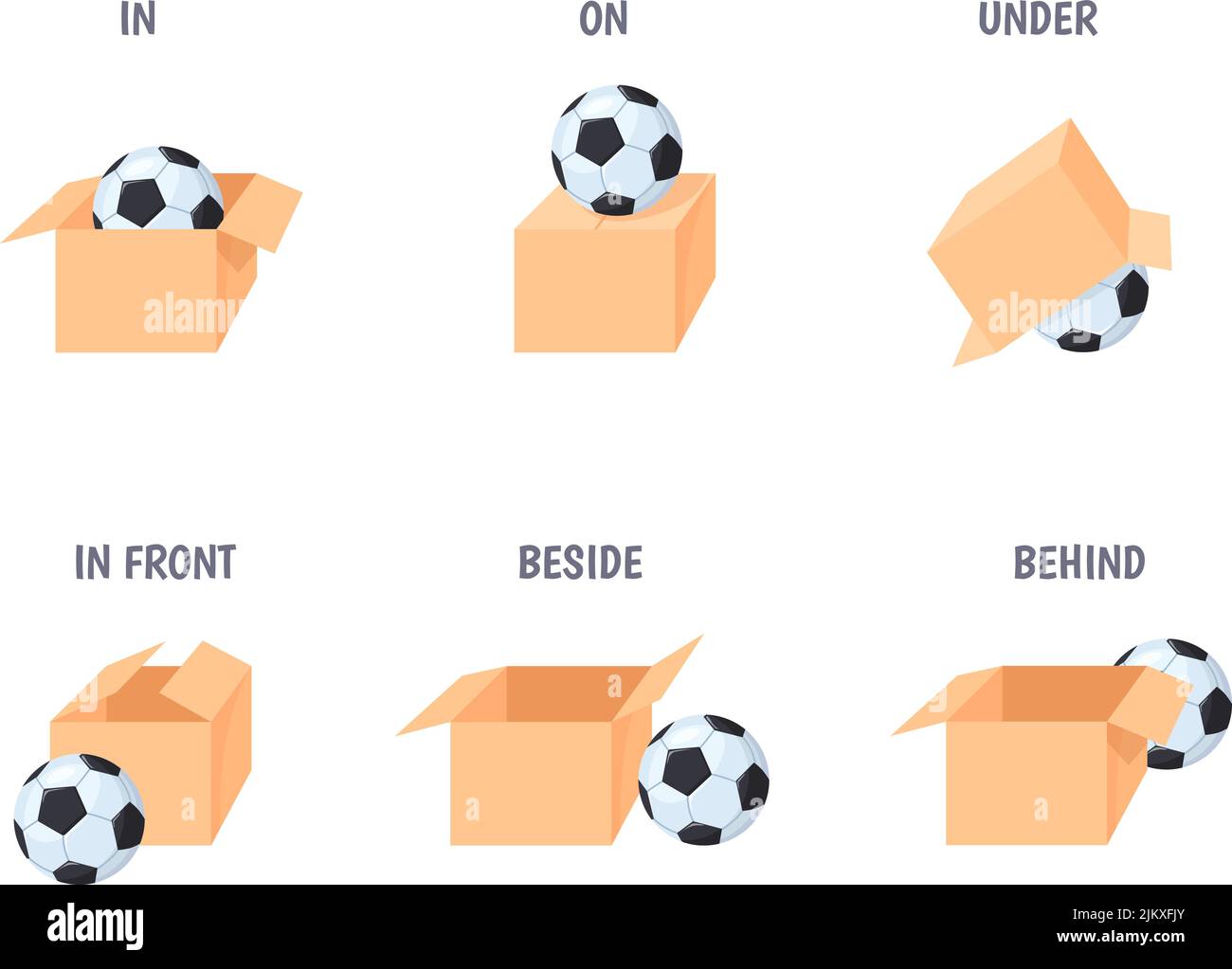
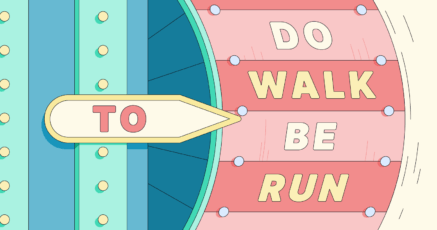
An Infinitive?
Any Verb that has ‘to’ before it is an Infinitive.
Ex: 'to love, to eat, to run, to believe, to follow, to laugh, to stare, to wonder’
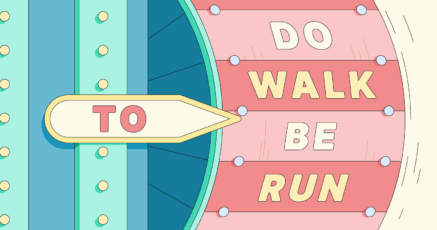
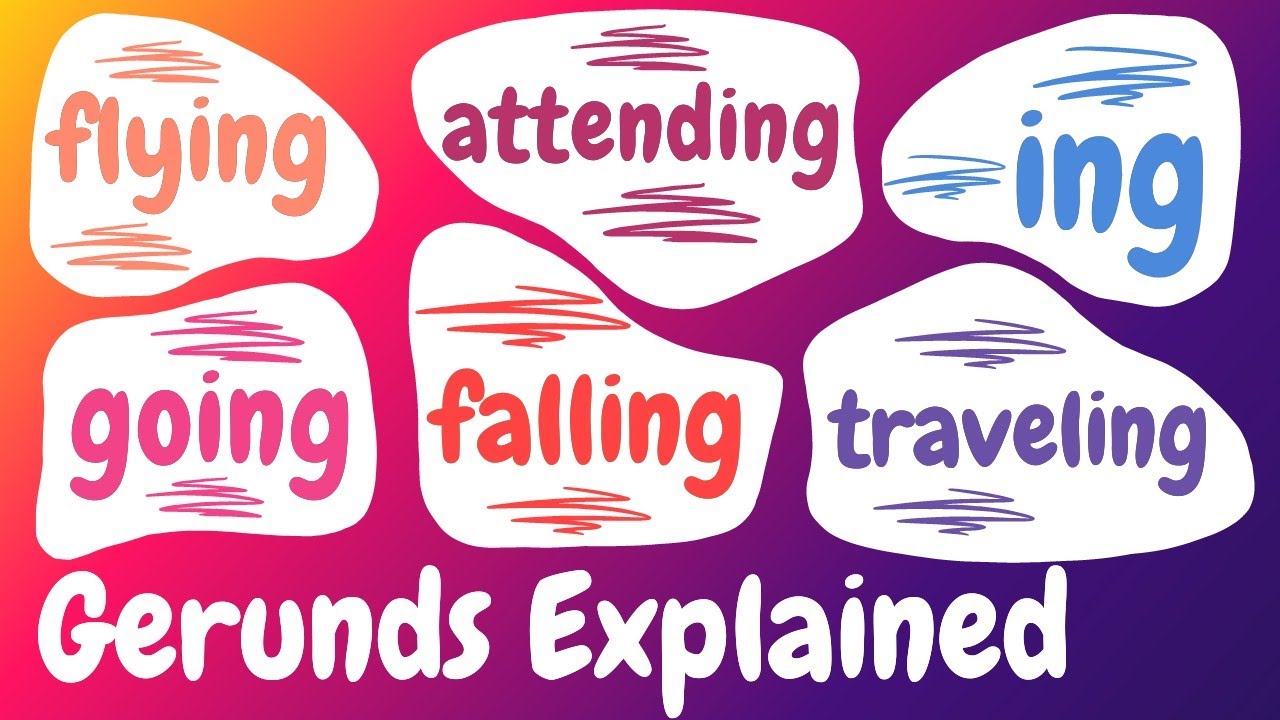
A Gerund?
A Verb that ends in -ing. (Secretly a Noun!)
EX: Flying an airplane can be fun; One of her responsibilities is attending every event; They arrived in France after Traveling all night
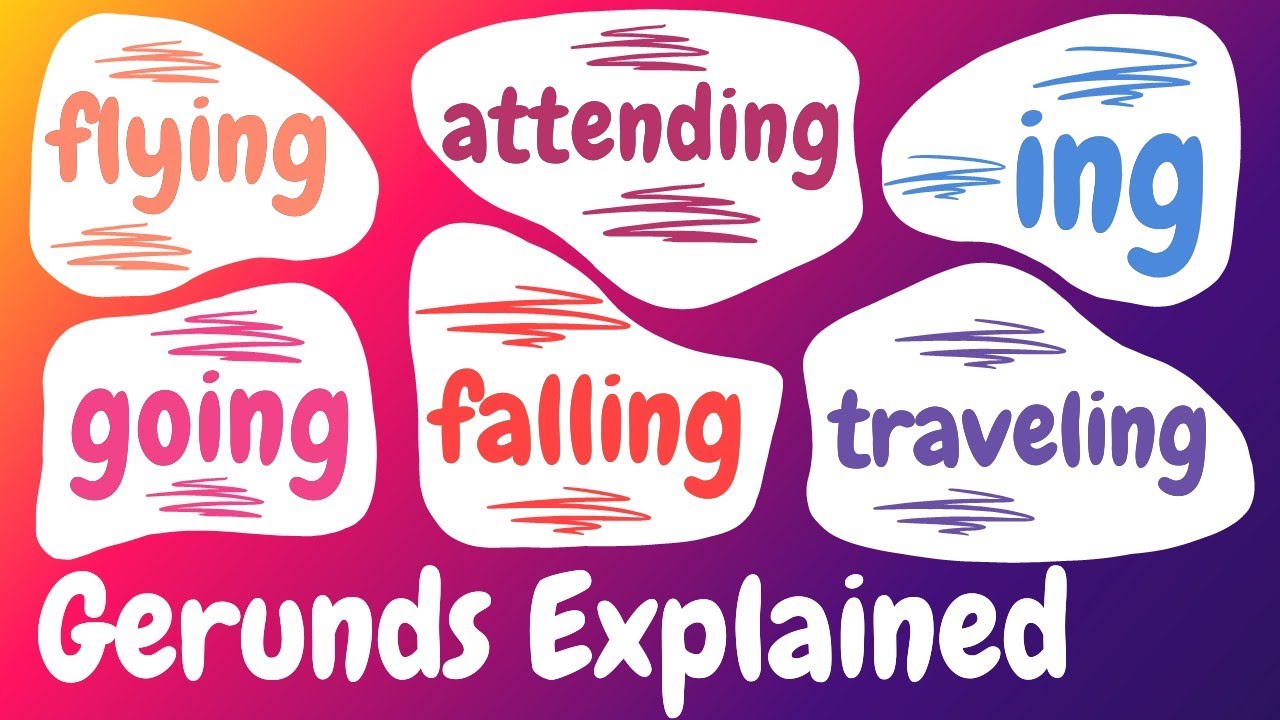
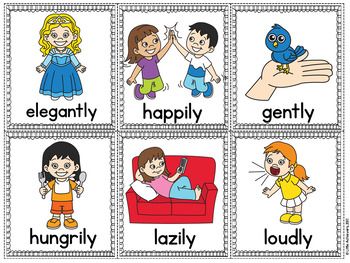
What is an Adverb?
A word that modifies a Verb, Adjective, or another Adverb. (Adjectives can only modify Nouns and Pronouns)- Usually describe an action in terms of how, when, where and to what extent it occurred.
EX: Loudly, Gently, Happily
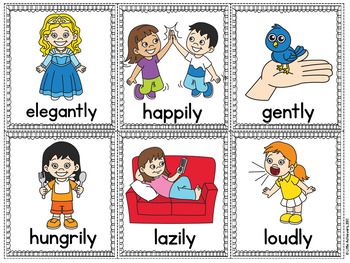
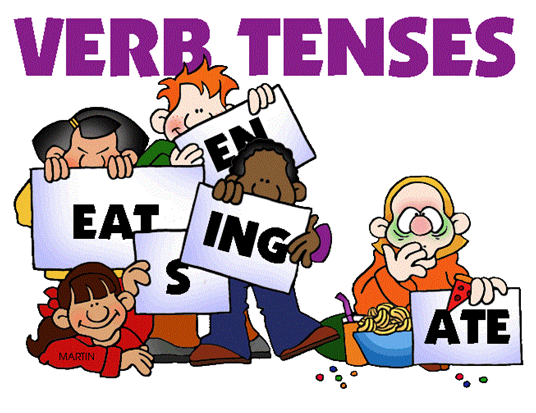
What are Verb Tenses
Tense Communicates an event's location in time.
3 Main tenses: Past, Present, Future
These Tenses can be Simple, Perfect Continuous/Progressive and Perfect Continuous.
Perfect formed with the verb: To Have
Continuous formed with the verb: To Be
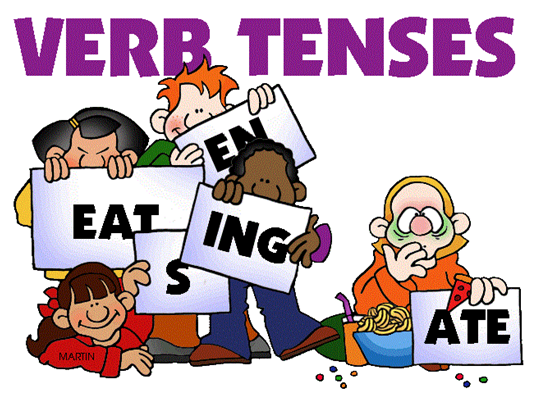
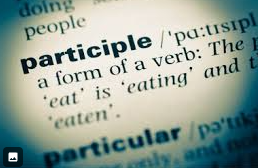
What is a Participle?
A Verb (Action Word) that can be used as an Adjective (descriptor) or to form certain verb tenses.; Almost always end in -ing or -ed
EX: The Panda was happy to see the rising sun; Rise = Verb, Rising describes what the sun is doing
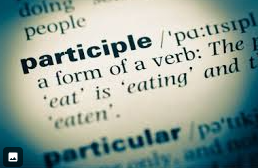
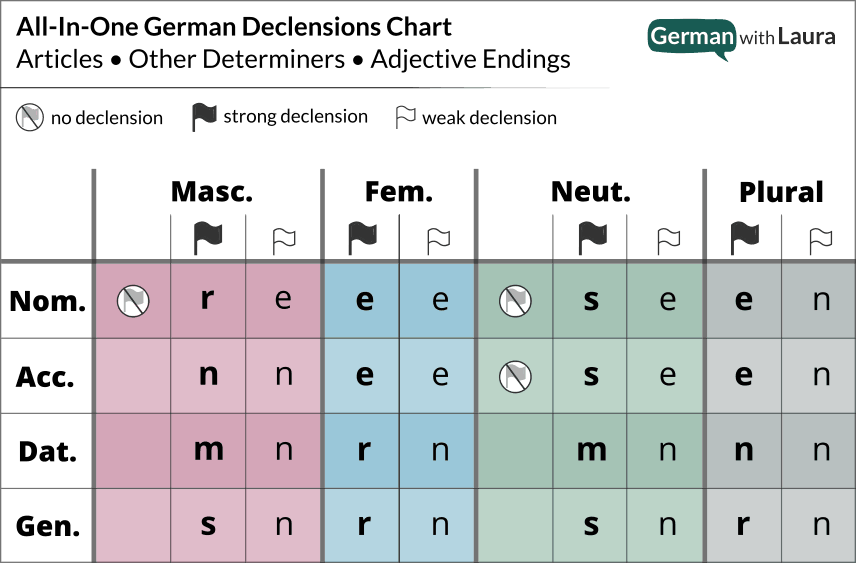
What is Declension?
Refers to the changes that a Noun, Pronoun, Adjective, takes to indicate its role in a sentence. When you Decline a noun, you add the proper Case Ending to it. Declension clarifies: Case and Number (Every Noun has both)
A Nouns case tells what it's doing in a sentence.
A Nouns number tells how many.
Cow -> Cows
*Verbs are not declined, they are conjugated
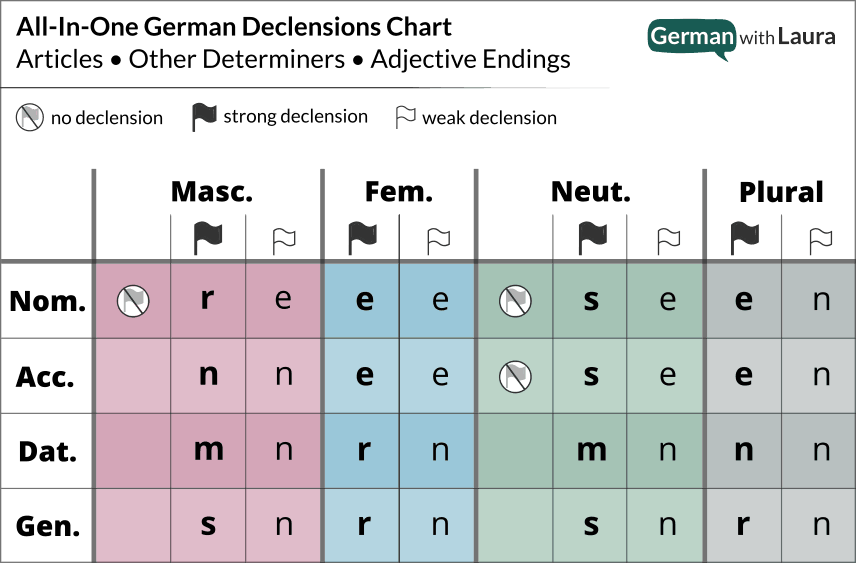
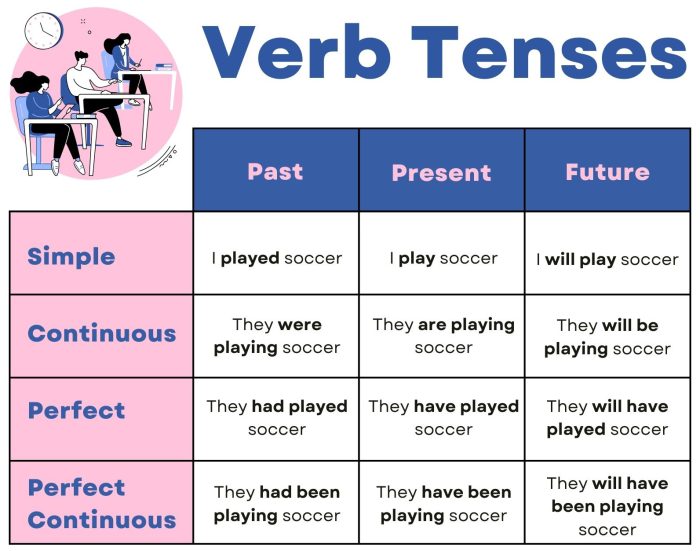
What is Conjugation?
Refers to how a Verb changes to show a different person, tense, number, or mood.
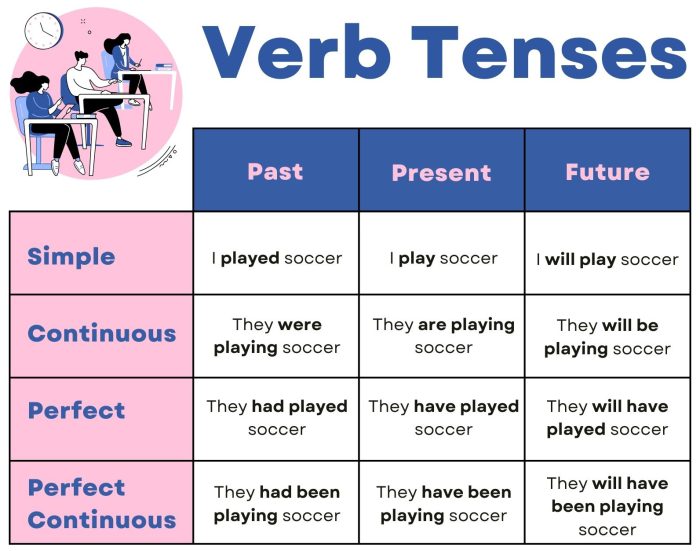
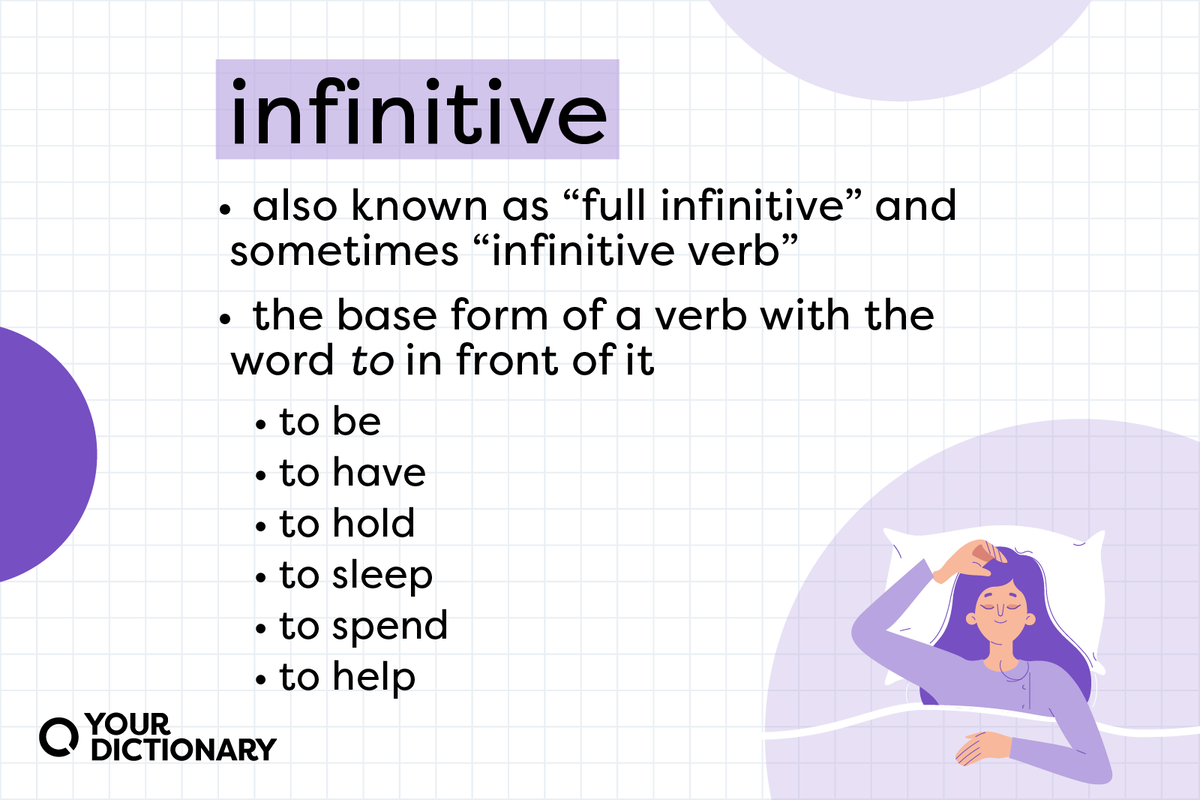
What are Infinitives?
The basic form of a verb; These can be used as a noun, adjective, or adverb.
EX: We came to see, let him see
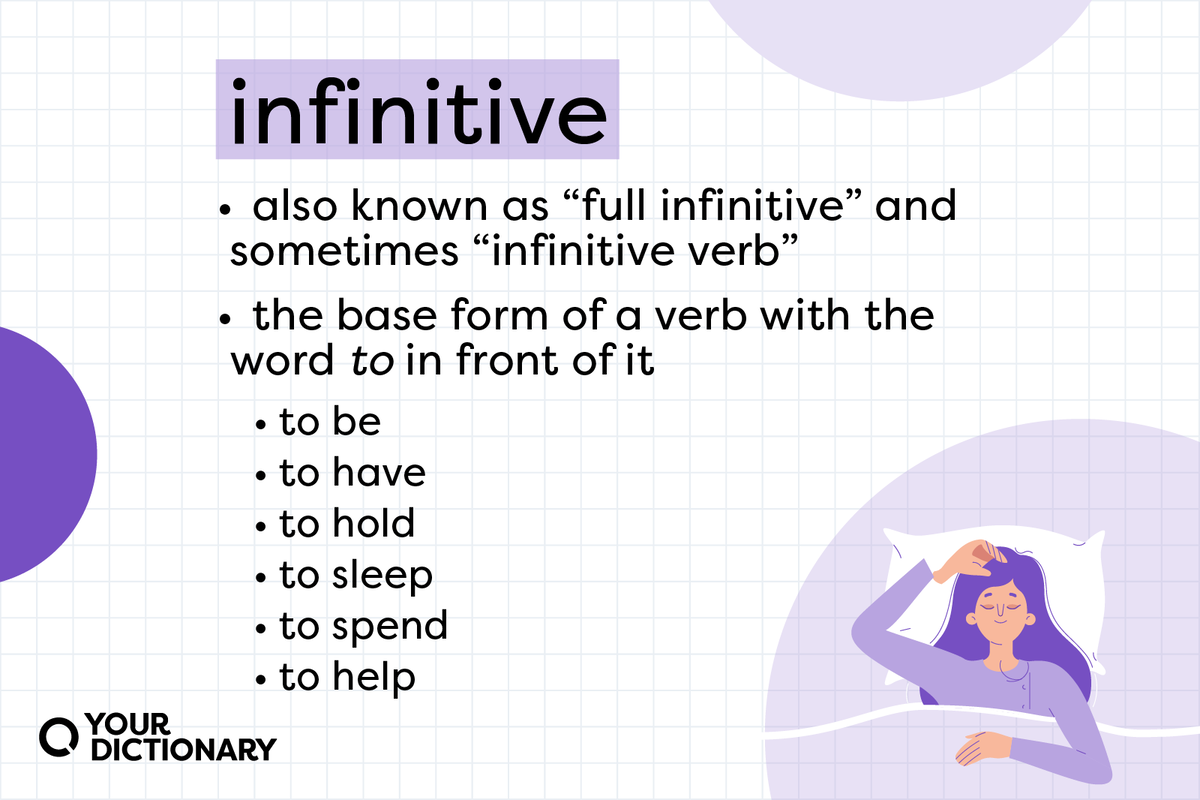
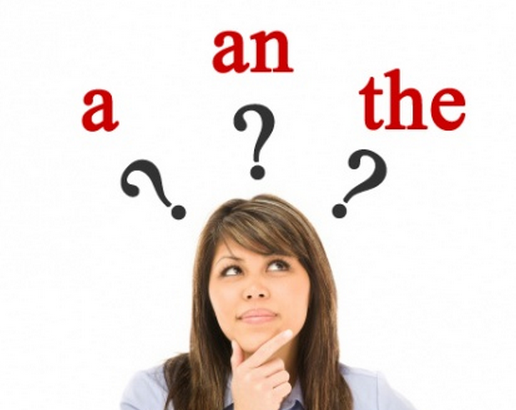
What is Infinitive Article? What is Definite Article?
Infinitive: A or An; Definite Article: The
